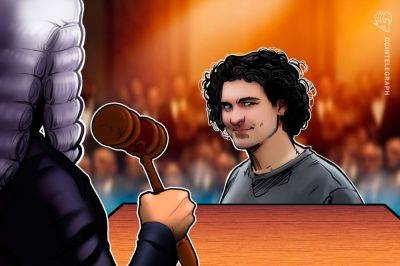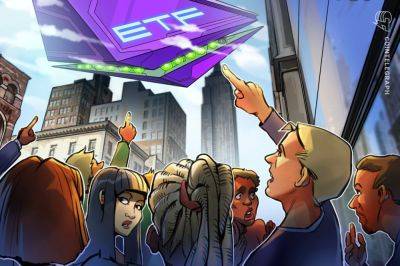Mt. Gox Bitcoin repayment: The day that never comes
Mt. Gox’s infamous 2014 security breach — that lost 850,000 Bitcoin (BTC) of investors’ funds — resulted in its users embarking on a seemingly never-ending, decade-long pursuit of closure via funds reimbursement.
Over the years, Mt. Gox has backtracked on its numerous plans to reimburse the funds that the crypto exchange had barred its users from withdrawing — effective from Feb 25, 2014.
However, with Mt. Gox postponing its repayment deadlines by one more year, from Oct. 31, 2023, to Oct. 31, 2024, the wait for redressal extends into the 11th year for Mt. Gox investors.
Days after Mt. Gox lost 850,000 BTC in the February 2014 breach, leaked documents revealed that the crypto exchange became insolvent. It read:
It was generally assumed that the fall of Mt. Gox would mean the end for Bitcoin, considering that the exchange managed 70% of the total circulating Bitcoin at the time. Mt. Gox filed for bankruptcy protection in Tokyo District Court, Japan after losing nearly $500,000 in value.
The exchange was soon hit by numerous lawsuits as investors feared the possibility of Mt. Gox’s intention to return investors’ funds. The sentiment of mistrust grew over the year as Mt. Gox revealed no plans for reimbursement while deleting its website and social media presence.
Amid its ongoing bankruptcy proceedings in Tokyo District Court, Mt. Gox CEO Mark Karpelès was arrested without charge for 23 days by the Japanese police for allegedly manipulating the computer system to inflate his account. Authorities found it hard to link criminals to crypto crimes due to the lack of regulations around cryptocurrencies.
On April 22, 2015, Mt. Gox’s bankruptcy trustee, Nobuaki Kobayashi, instructed users to file a claim for their missing Bitcoin via
Read more on cointelegraph.com























